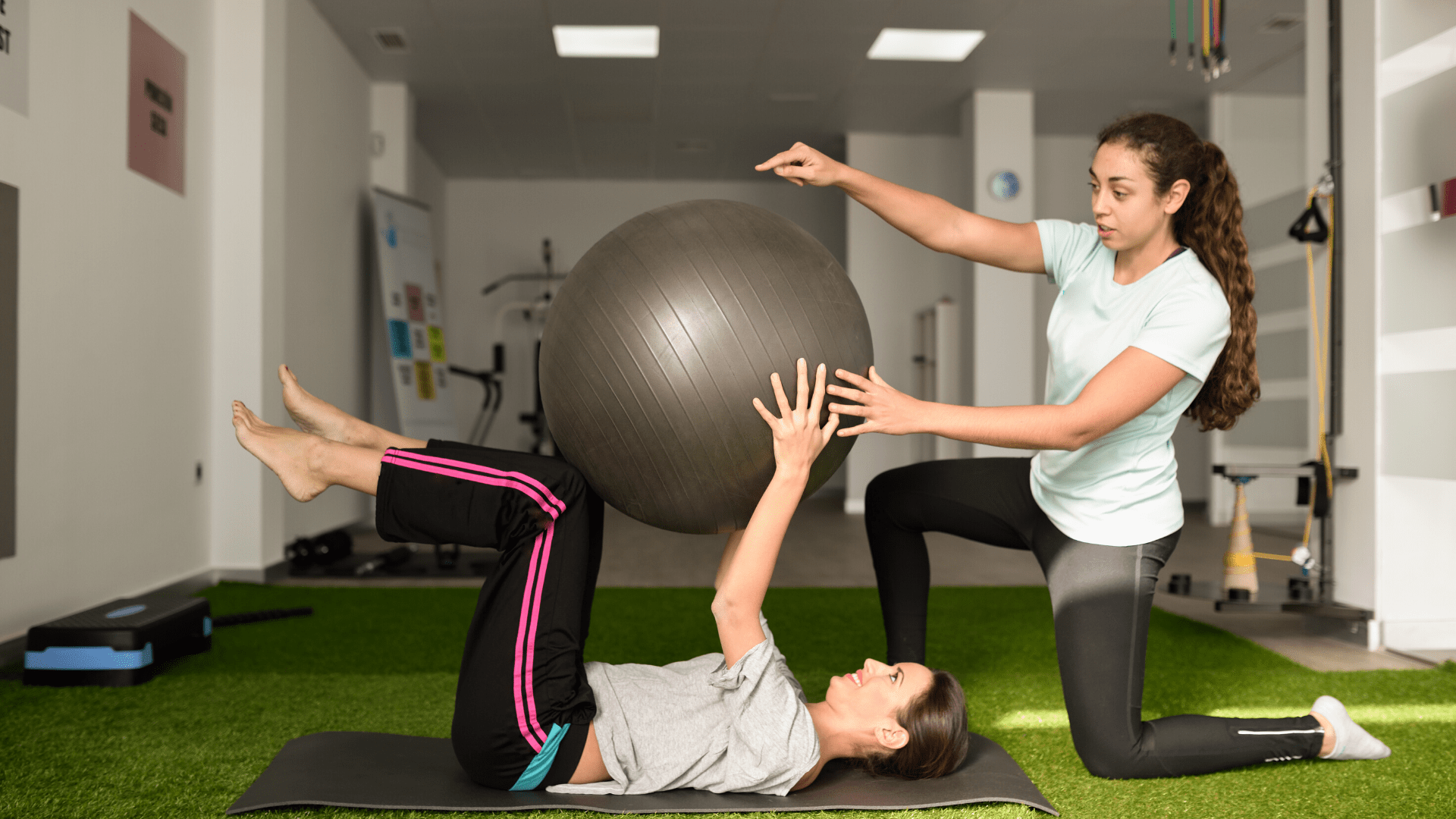
UQ Physiotherapy School webinar July 7
Are you curious about studying physiotherapy in Australia? What will you study, and what about placement opportunities?
Don’t miss the upcoming UQ Physiotherapy School webinar where Head of Physiotherapy and Senior Lecturer Dr Michelle Smith will talk about the the University of Queensland and the Master of Physiotherapy Studies program.

Get your questions ready!
UQ Physiotherapy School Webinar
Date: Tuesday, July 7, 2020
Time: 8 p.m. EDT / 6 p.m. MDT / 5 p.m. PDT
Register now!
About Dr Michelle Smith
Dr Michelle Smith is Director of the Bachelor of Physiotherapy (Honours) Program and Co-director of the Master of Sports Physiotherapy Program at The University of Queensland. She is a Titled Sports Physiotherapist, educator and researcher who specializes in lower limb conditions and injuries. Dr Smith obtained her physiotherapy degree from The University of Manitoba, and has worked as a physiotherapist in both Canada and Australia.
Did you know there are approximately 40 spots available in the program? Approximately 10 – 15 are wide open for international students!
Program: Master of Physiotherapy Studies
Location: Brisbane, Queensland
Next available intake: November 2020
Duration: 2 years (4 regular semesters and 2 summer semesters)
Application deadline: UQ has a general application deadline of August 30 each year; however, you’re encouraged to apply as early as possible!
Apply now to the UQ Physiotherapy School!
OzTREKK Physiotherapy Eligibility Pre-assessment
Are you thinking of applying to a physiotherapy program, but not sure where to start or what exactly “neuro” means? We can help!
If you’re wondering if you’re eligible—and if you’re competitive—start by sending us your university transcripts. Together, we can cut right through to your best options.
Send us a PDF of your unofficial transcripts (must be clear, legible, and have course titles) and we’ll be able process your application(s) much faster!
*


































Ask A Question
Ask us about your program of interest, or if you have a question about our services.
CONTACT US TODAY